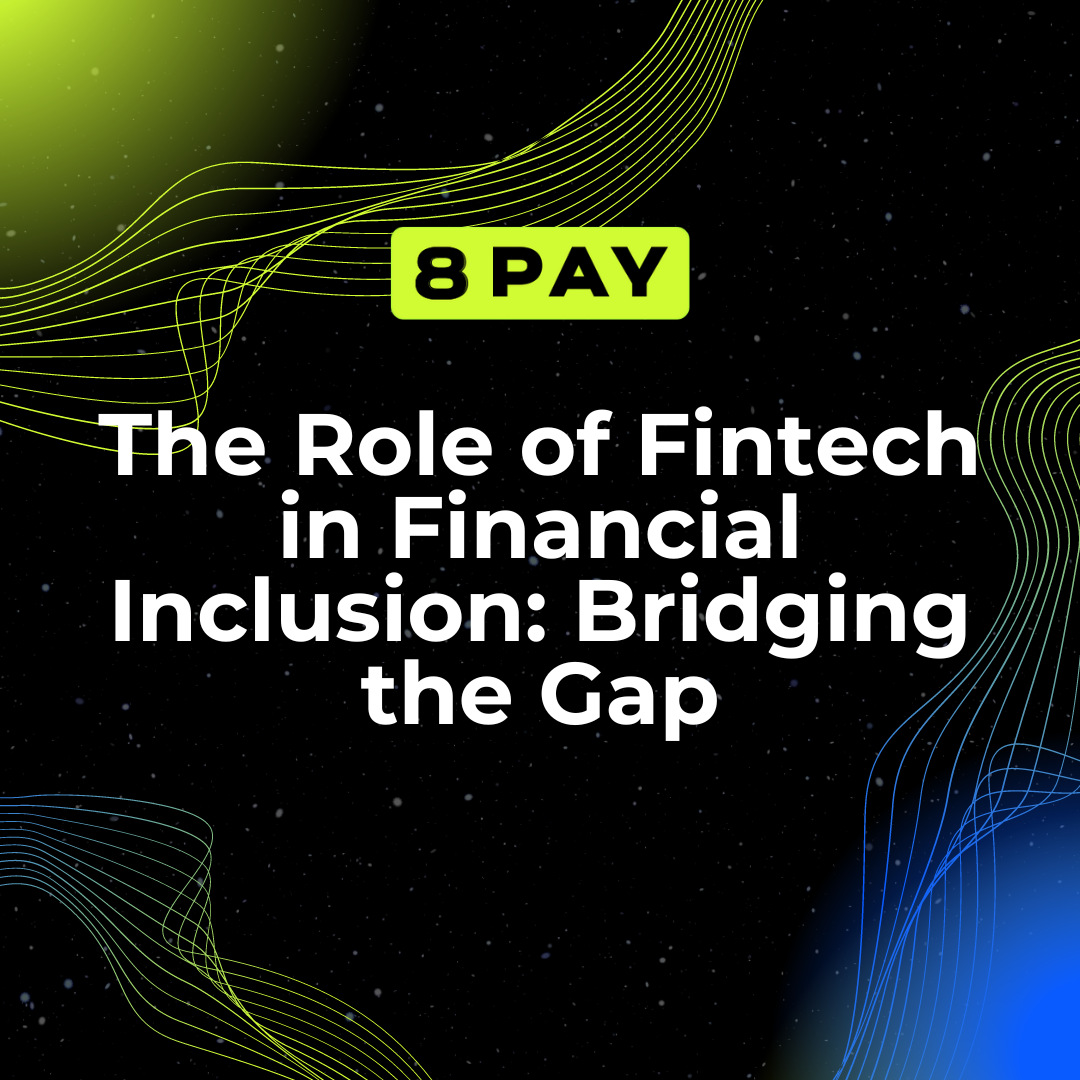The Role of Fintech in Financial Inclusion: Bridging the Gap
Financial inclusion has long been a challenge, particularly in developing regions where access to traditional banking services is limited. However, the rise of fintech is changing the game, offering innovative solutions that are bringing financial services to the unbanked and underbanked populations around the world. This transformation is not just a social imperative but also an enormous business opportunity.
Understanding Financial Inclusion
Financial inclusion refers to the process of ensuring that individuals and businesses, regardless of their geographic location or economic status, have access to useful and affordable financial products and services. These include savings accounts, credit, insurance, and payment services. For many people in developing countries, traditional financial services are out of reach due to a lack of physical infrastructure, stringent requirements, or prohibitive costs.
How Fintech is Making a Difference
The Benefits of Financial Inclusion
The Future of Fintech in Financial Inclusion
The potential of fintech to drive financial inclusion is immense, but there are still challenges to overcome. These include regulatory hurdles, the need for greater digital literacy, and ensuring that fintech solutions are truly accessible and affordable for the most vulnerable populations. However, as technology continues to advance, we can expect even more innovative solutions to emerge, further bridging the financial inclusion gap.
Fintech is playing a pivotal role in advancing financial inclusion, providing millions of people with the tools they need to improve their financial lives. At [Your Company Name], we are proud to contribute to this global effort by developing and supporting fintech solutions that empower individuals and communities. Together, we can create a more inclusive financial system that benefits everyone.
Learn more about how our fintech solutions are driving financial inclusion—contact us today.
Financial inclusion has long been a challenge, particularly in developing regions where access to traditional banking services is limited. However, the rise of fintech is changing the game, offering innovative solutions that are bringing financial services to the unbanked and underbanked populations around the world. This transformation is not just a social imperative but also an enormous business opportunity.
Understanding Financial Inclusion
Financial inclusion refers to the process of ensuring that individuals and businesses, regardless of their geographic location or economic status, have access to useful and affordable financial products and services. These include savings accounts, credit, insurance, and payment services. For many people in developing countries, traditional financial services are out of reach due to a lack of physical infrastructure, stringent requirements, or prohibitive costs.
How Fintech is Making a Difference
- Mobile Banking and Payments: Mobile technology is at the forefront of financial inclusion. With the proliferation of smartphones and mobile networks, people in remote areas can now access banking services without the need for a physical bank branch. Mobile money platforms, like M-Pesa in Kenya, have revolutionized how people save, transfer money, and make payments, enabling millions to participate in the formal financial system for the first time.
- Microloans and Crowdfunding: Fintech platforms are providing new avenues for small businesses and individuals to access credit. Microloan services, which offer small, short-term loans, are particularly valuable for entrepreneurs in developing regions who lack the collateral required by traditional banks. Similarly, crowdfunding platforms enable individuals to raise funds from a large number of small investors, democratizing access to capital.
- Digital Identity and KYC: One of the major barriers to financial inclusion is the lack of proper identification. Fintech companies are addressing this through digital identity solutions and simplified Know Your Customer (KYC) processes. By using biometrics and blockchain technology, these solutions allow people without traditional IDs to verify their identities and access financial services securely.
- Insurance for All: Fintech is also making insurance more accessible. Digital platforms are offering microinsurance products tailored to the needs and financial capabilities of low-income individuals. These products provide essential coverage at affordable rates, helping to protect vulnerable populations from financial shocks.
The Benefits of Financial Inclusion
- Economic Growth: By bringing more people into the financial system, fintech is helping to stimulate economic growth. Access to financial services allows individuals to save, invest, and improve their livelihoods, while businesses can grow and create jobs.
- Poverty Reduction: Financial inclusion is a key factor in reducing poverty. When people have access to financial services, they can better manage their money, smooth out consumption, invest in education, and improve their overall quality of life.
- Social Stability: Inclusive financial systems contribute to social stability by reducing economic disparities. When everyone has the opportunity to participate in the economy, the potential for social unrest decreases, leading to more stable and prosperous societies.
The Future of Fintech in Financial Inclusion
The potential of fintech to drive financial inclusion is immense, but there are still challenges to overcome. These include regulatory hurdles, the need for greater digital literacy, and ensuring that fintech solutions are truly accessible and affordable for the most vulnerable populations. However, as technology continues to advance, we can expect even more innovative solutions to emerge, further bridging the financial inclusion gap.
Fintech is playing a pivotal role in advancing financial inclusion, providing millions of people with the tools they need to improve their financial lives. At [Your Company Name], we are proud to contribute to this global effort by developing and supporting fintech solutions that empower individuals and communities. Together, we can create a more inclusive financial system that benefits everyone.
Learn more about how our fintech solutions are driving financial inclusion—contact us today.
